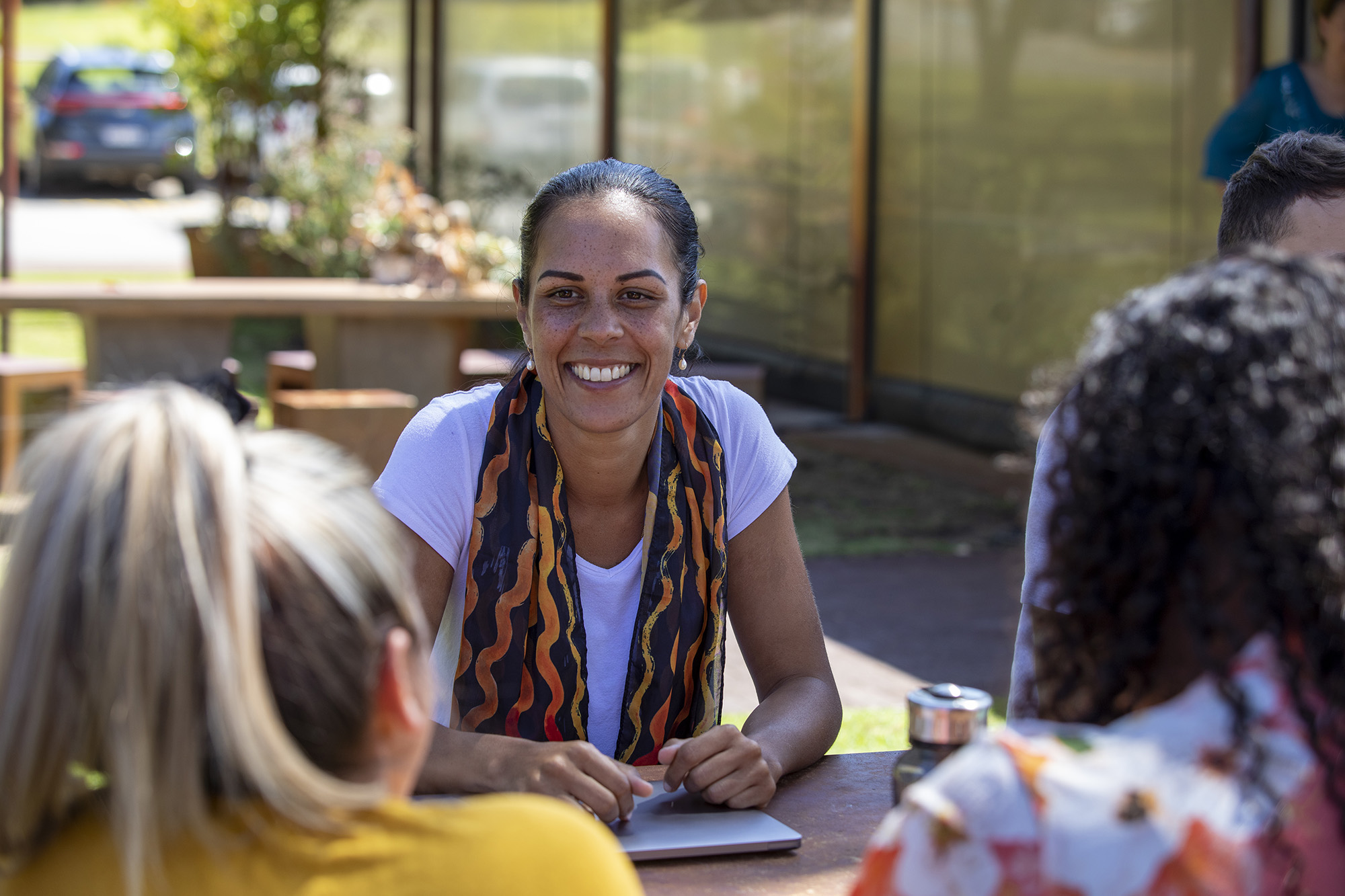Page Not Found
404 Error
We're sorry, the page you specified was not found. The site has recently been reorganized, so the content you are looking for is in a new location. You can start over from the resources below, or browse from the homepage.
-
 Grant Programs
Whether your community is ready to compete for and implement climate infrastructure grants or does not yet have the capacity to apply, explore SGC’s funding and technical assistance programs to find the right opportunity for you.Learn more about Grant Programs
Grant Programs
Whether your community is ready to compete for and implement climate infrastructure grants or does not yet have the capacity to apply, explore SGC’s funding and technical assistance programs to find the right opportunity for you.Learn more about Grant Programs -
 Council Meetings & Events
Find information about SGC Council Meetings and other upcoming events.Explore Meetings and Events
Council Meetings & Events
Find information about SGC Council Meetings and other upcoming events.Explore Meetings and Events -
 Initiatives
Explore the innovative approaches SGC uses to coordinate work for equity across silos and sectors.Learn more about Initatives
Initiatives
Explore the innovative approaches SGC uses to coordinate work for equity across silos and sectors.Learn more about Initatives -
 Tools
Discover SGC’s digital tools, including resource hubs, reports, and toolkits.Learn more about Tools
Tools
Discover SGC’s digital tools, including resource hubs, reports, and toolkits.Learn more about Tools -
 Technical Assistance
If your organization isn’t ready yet to apply for a planning or implementation grant, find resources here to help you prepare for success.Learn more about Technical Assistance
Technical Assistance
If your organization isn’t ready yet to apply for a planning or implementation grant, find resources here to help you prepare for success.Learn more about Technical Assistance

